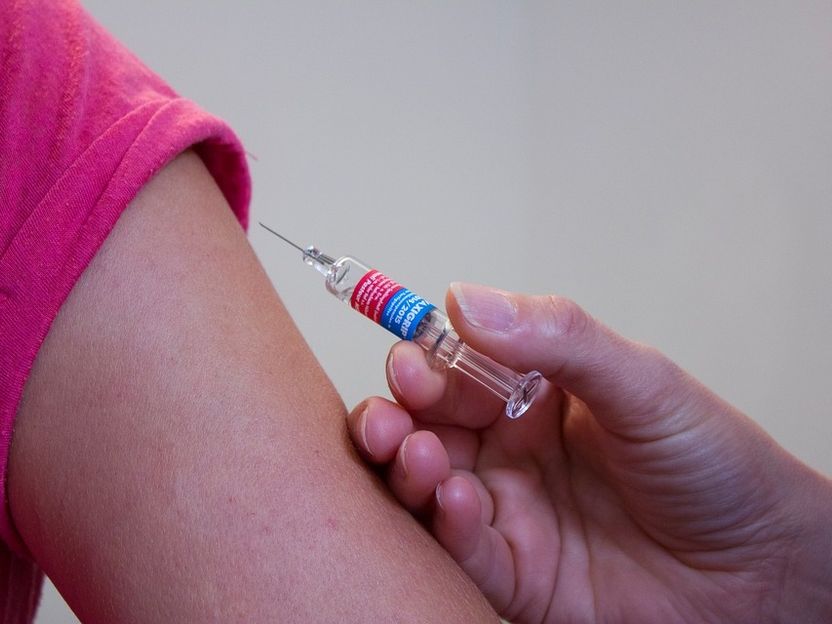Research on Skilled Limb Movement Wins 2014 Eppendorf & Science Prize
The US scientist Eiman Azim, Ph.D., Postdoctoral Research Fellow at Columbia University in New York has won the 2014 Eppendorf & Science Prize for neurobiology. Dr. Azim’s work offers fundamental new insights into the neural mechanisms that enable skilled limb movements to be both smooth and precise.

Eiman Azim, Ph.D.
Eppendorf AG
Dr. Azim writes, “When we catch a ball or throw a dart, we usually don’t give a second thought to the intricate neural circuits that orchestrate such dexterous behaviors. Yet for these actions to succeed, the nervous system must continuously tweak motor output to shape and refine movement of the arm. As a postdoctoral fellow with Tom Jessell, I have been using the genetic accessibility of mice to disentangle individual spinal circuits that help achieve the precision and fidelity of reaching movements. By applying mouse molecular tools to the investigation of skilled forelimb behavior, traditionally the domain of primate research, my colleagues and I provide direct experimental support for long-standing theories about how internal feedback pathways within the central nervous system and external feedback from the muscles each contribute to fine motor control. In the future, I plan to build on the approaches we developed to investigate how the cerebellum uses feedback information to refine movement. More generally, I hope to explore how the elaboration of motor circuits across developmental and evolutionary time directs diverse repertoires of skilled motor behavior, with an eye toward a better understanding of human motor function and dysfunction.”
According to Prize Jury Chair and Science Senior Editor, Dr. Peter Stern, “Eiman Azim’s work has furthered our understanding of the neural circuits involved in skilled movement. He established that propriospinal neuron internal feedback and motor copy circuits help to calibrate movement. Dr. Azim identified presynaptic inhibition as a crucial gain control mechanism for smooth limb movement.”
The annual US$25,000 Eppendorf & Science Prize for Neurobiology honors scientists, like Dr. Azim, for their outstanding contributions to neurobiology research. Dr. Azim is the 13th recipient of this international award. The Prize is presented at a ceremony held in conjunction with the Annual Meeting of the Society for Neuroscience. All scientists who are 35 years of age or younger and who have made outstanding contributions to neurobiological research based on methods of molecular and cell biology are invited to apply. The next deadline for applications for the Eppendorf & Science Prize for Neurobiology is June 15, 2015.
Other news from the department science

Get the life science industry in your inbox
By submitting this form you agree that LUMITOS AG will send you the newsletter(s) selected above by email. Your data will not be passed on to third parties. Your data will be stored and processed in accordance with our data protection regulations. LUMITOS may contact you by email for the purpose of advertising or market and opinion surveys. You can revoke your consent at any time without giving reasons to LUMITOS AG, Ernst-Augustin-Str. 2, 12489 Berlin, Germany or by e-mail at revoke@lumitos.com with effect for the future. In addition, each email contains a link to unsubscribe from the corresponding newsletter.




















































